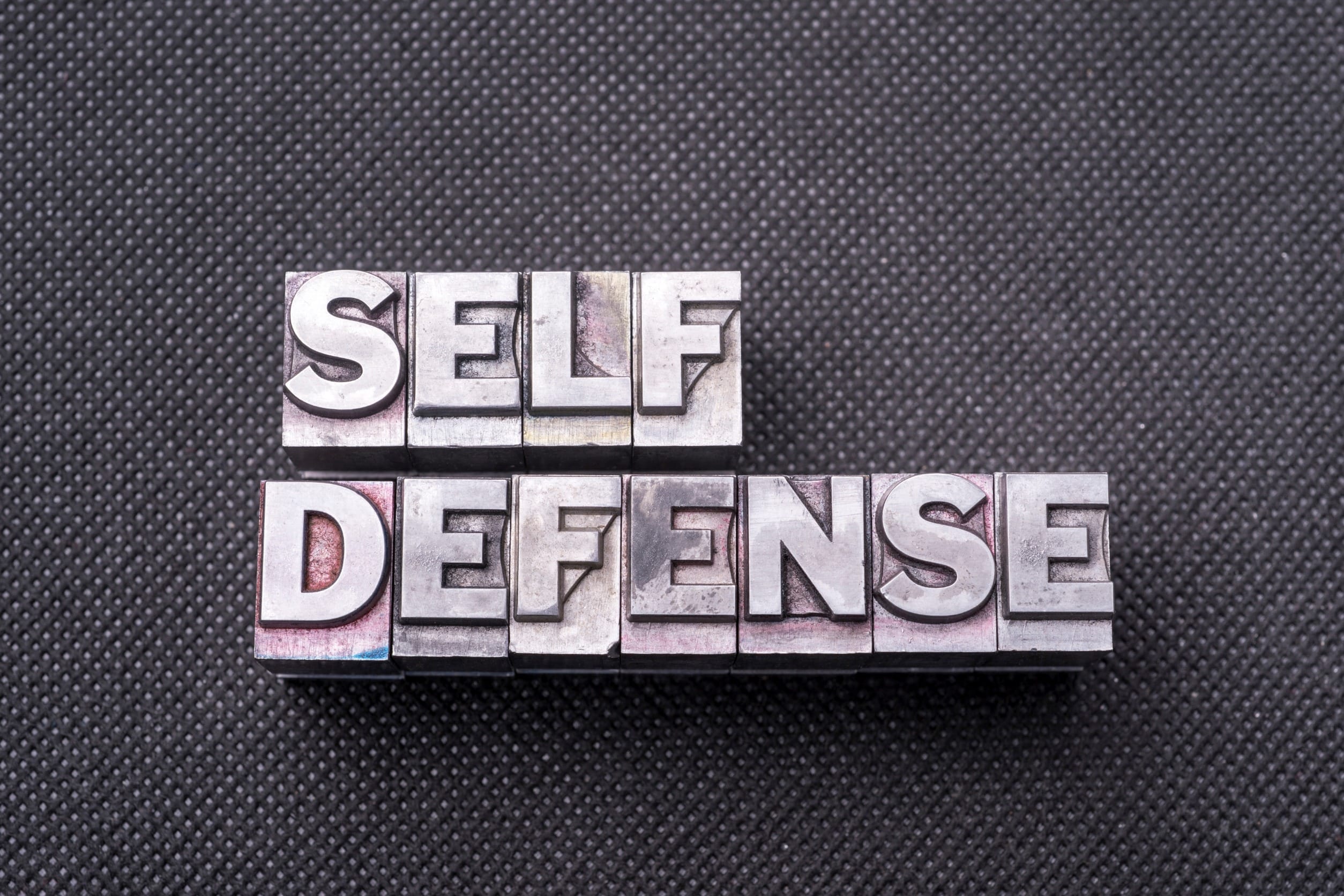Texas Stand Your Ground Law: When Deadly Force is Legally Permitted
Texas law allows the use of force, including deadly force, in some self-defense situations. The state’s Stand Your Ground
Read More
Call 24/7 For A Free Consultation
Assault charges are serious, and anyone charged with an assault in Texas should obtain an experienced criminal defense lawyer. There are numerous types of assaults in Texas. It is important to determine whether a person is charged with a misdemeanor or felony assault and what type of assault a person is charged with. Depending on the type of assault charged, the punishment ranges from a simple fine to many years in prison.
Unfortunately, misconceptions about Texas assault charges abound, often leading to confusion and misinformation. In this blog, we aim to unravel some common myths surrounding assault charges in Texas, shedding light on the legal realities to empower individuals with accurate information.
One prevailing misconception is that assault charges strictly pertain to physical violence. In Texas, however, the definition of assault extends beyond physical harm. Assault can include the intentional threat of harm, which might not necessarily result in bodily injury.
Intentionally or knowingly threatening another with imminent bodily injury, including the person’s spouse, or even attempts to cause bodily harm all fall within the purview of assault charges. Understanding the actions that can lead to assault charges is crucial to avoiding legal pitfalls.
Another commonly misunderstood aspect is the notion that consent absolves an individual from assault charges. While consent plays a role in various legal scenarios, it does not grant a free pass to engage in harmful or threatening behavior.
In the eyes of the law, specific actions are deemed criminal regardless of the consent given. Understanding the limitations of consent in the context of assault charges is essential to avoiding legal complications.
Some individuals believe that without visible physical evidence, assault charges cannot be substantiated. In reality, Texas law recognizes that not all injuries are visible or immediate.
The absence of visible bruises or wounds does not negate the possibility of facing assault charges. Acknowledging the broader scope of evidence considered in assault cases is crucial for accurately understanding the legal landscape.
There is a misconception that engaging in mutual combat, where both parties willingly participate in a physical altercation, serves as a valid defense against assault charges. Texas, however, does not condone violence, even if both parties willingly participate.
Law enforcement and the legal system aim to prevent and address violence. Individuals should be wary about relying on a “mutual combat” defense.

While self-defense is a recognized affirmative legal defense, it is not an absolute shield against assault charges. Texas law requires that the use of force in self-defense be reasonable and proportionate to the perceived threat.
Additionally, individuals must reasonably believe using force is necessary to protect themselves from imminent harm. Misjudging the situation or using excessive force can undermine a self-defense claim, emphasizing the importance of understanding the legal criteria for a valid self-defense argument.
Some individuals mistakenly believe that assault charges are minor offenses with negligible consequences. In Texas, assault charges can range from misdemeanors to felonies, depending on the severity of the incident and the presence of aggravating factors.
Convictions may result in significant penalties, including fines, probation, and even incarceration. Dismissing assault charges as inconsequential can lead to inadequate preparation for legal proceedings, underscoring the necessity of taking these charges seriously.
Given the potential complexities and consequences associated with assault charges in Texas, building a strong defense is paramount. An experienced criminal defense lawyer can navigate the legal intricacies, challenge evidence, and advocate for the best possible outcome. Seeking legal representation early in the process allows individuals to understand their rights, explore defense strategies, and mitigate the impact of assault charges on their lives.

Navigating assault charges in Texas requires a nuanced understanding of the legal landscape and debunking common misconceptions. Recognizing that assault encompasses more than physical violence, understanding the limitations of consent, and acknowledging the diverse evidence considered in such cases are essential steps toward legal clarity. Moreover, individuals should be cautious about relying on myths such as mutual combat or absolute self-defense.
The importance of building a solid defense cannot be overstated. Consulting with an experienced criminal defense lawyer can provide invaluable guidance, ensuring that individuals facing assault charges are well-informed, prepared, and equipped to navigate the legal proceedings.
By dispelling myths and embracing accurate information, individuals can approach assault charges in Texas with a clearer understanding of their situation and the steps needed to protect their rights and future.

Texas law allows the use of force, including deadly force, in some self-defense situations. The state’s Stand Your Ground law removes the duty to retreat when a person is lawfully present and reasonably believes force is necessary to protect against …
In Texas, simple drug possession is typically a state-level offense, however, there are some factors that can escalate it to federal drug trafficking charges. These cases are prosecuted by the U.S. Department of Justice. Understanding when this transition is possible …
A federal criminal conviction carries consequences far beyond fines and prison time. For licensed professionals in Texas, federal charges pose an immediate threat to your livelihood. Texas licensing boards don’t wait for criminal cases to conclude before taking action. Understanding …